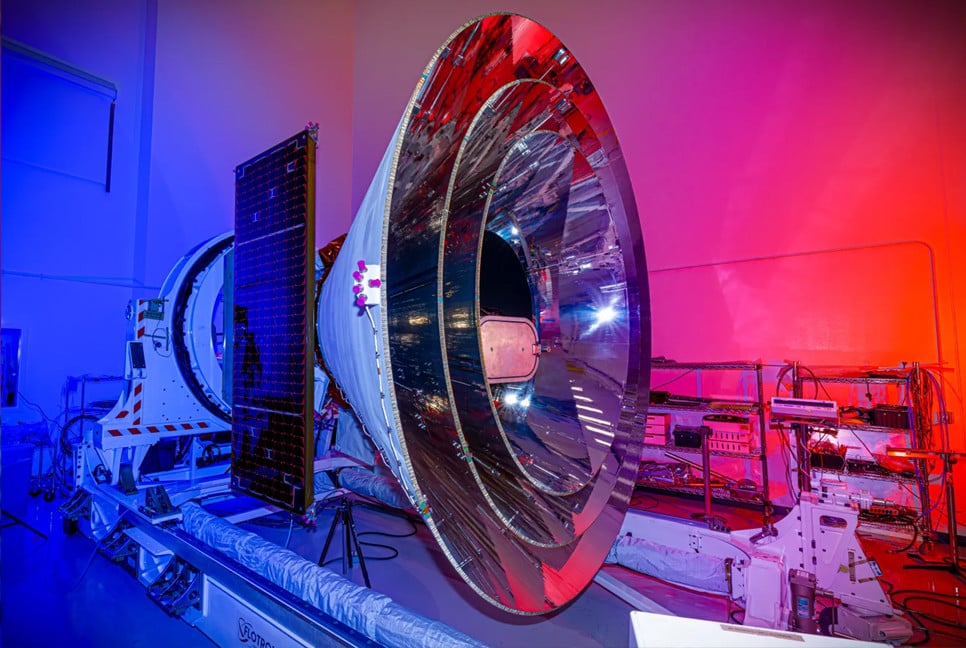Scientists have found that future robots may be able to understand your emotions by touching your skin. A new study in the journal IEEE Access explains that researchers used skin conductance to detect a person’s feelings. Skin conductance measures how well the skin conducts electricity, which changes with sweat and nerve activity, reflecting different emotions.
Traditional methods of detecting emotions, like facial recognition and speech analysis, can often be inaccurate, especially in poor lighting or noisy environments. However, scientists think that skin conductance could be a better solution, as it offers a non-invasive way to measure emotions in real-time.
For the study, the emotional responses of 33 participants were measured by showing them emotionally evocative videos and measuring their skin conductance. The findings revealed distinct patterns for different emotions: fear responses were the longest-lasting, suggesting an evolutionary alert mechanism; family bonding emotions, a blend of happiness and sadness, showed slower responses; and humour triggered quick but fleeting reactions,reports NDTV.
"To date, few studies have examined how the dynamics of skin conductance responses differ among emotions, despite high responsiveness being a key feature of skin conductance," the scientists highlighted.
"The results of this study are expected to contribute to the development of technologies that can be used to accurately estimate emotions, when combined with other physiological signals."
Integrating skin conductance with other techniques
The study and the conductance technique rely on the fact that emotional response to any situation triggers the sweat glands, which in turn, alters the skin's electrical properties. Although the method is far from perfect, scientists argue that integrating it with measures like heart rate and brain activity could refine the accuracy of emotion detection.
"There is a growing demand for techniques to estimate individuals' subjective experiences based on their physiological signals to provide them with emotionally evocative services," the scientists wrote in the study.
The scientists added"Therefore, further exploration of these physiological signals in this study, particularly skin conductance responses, can advance techniques for emotion recognition."
The study has far-reaching consequences as it could mean that future robots will not be able to just interact but also empathise with human users by understanding their emotional states through subtle physiological cues.
Bd-pratidin English/ Afia





































































